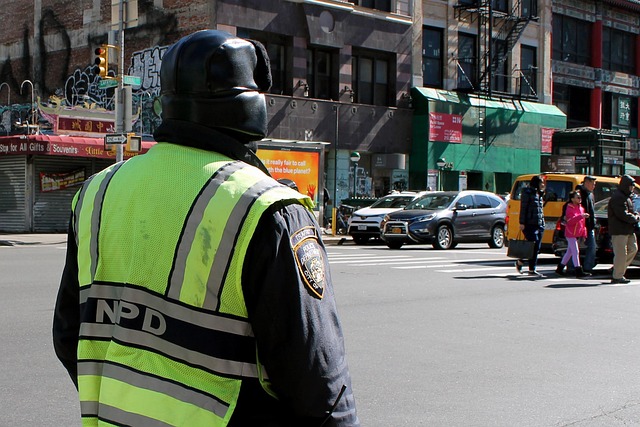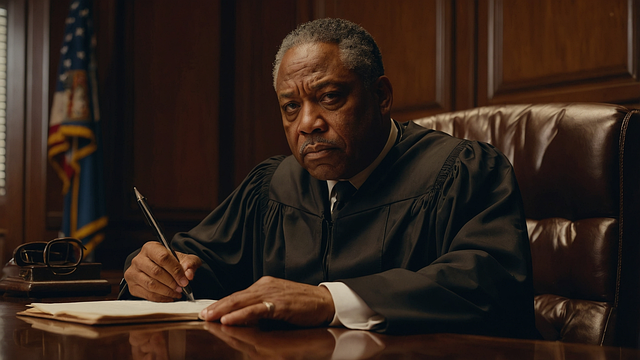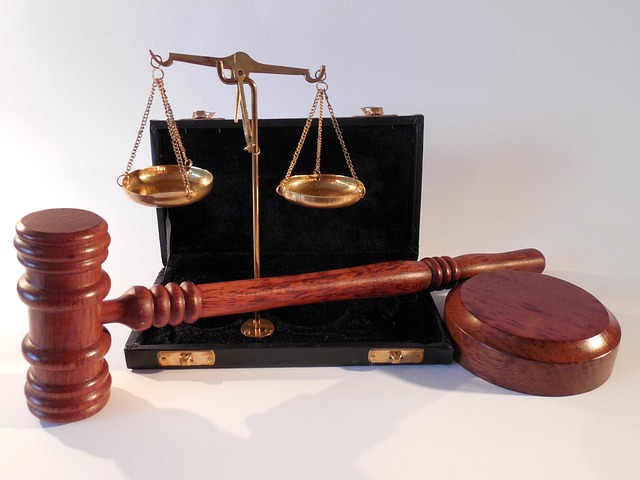Trademark infringement, a serious legal issue, arises from unauthorized use of another's trademark, causing consumer confusion and significant consequences. Violations like counterfeiting and cybersquatting pose financial risks, damage brand value, and erode consumer trust. Legal ramifications include damages, injunctions, criminal penalties, and permanent market decline. Proactive legal strategies protect intellectual property rights, with specialized attorneys navigating complex laws to defend clients. Criminal proceedings target egregious infringers, upholding fair practices and safeguarding business interests. Registering trademarks, patents, using non-disclosure agreements, and monitoring online marketplaces help mitigate risks. Successful defense against infringers deters future violations, protecting unique assets for businesses and individuals alike.
Trademark infringement, a serious financial crime, carries profound legal consequences. Understanding these implications is crucial for businesses aiming to protect their intellectual property. This article delves into the intricacies of trademark infringement from a legal perspective, exploring common types of violations and their impact. We discuss effective strategies for enforcement, including criminal prosecutions and punitive damages. Additionally, learn preventative measures to safeguard your brand and avoid devastating financial losses due to these legal consequences of trademark infringement.
- Understanding Trademark Infringement: A Legal Perspective
- Common Types of Trademark Violations and Their Impact
- Enforcing Rights: Legal Actions Against infringers
- Punitive Damages and Criminal Prosecutions
- Preventive Measures: Protecting Your Intellectual Property
Understanding Trademark Infringement: A Legal Perspective

Trademark infringement is a serious legal issue with significant consequences for businesses. It occurs when an individual or entity uses a trademark owned by someone else without authorization, leading to potential confusion among consumers regarding the source of goods or services. From a legal perspective, understanding these infringements is crucial, as they can result in substantial financial and reputational damage.
The legal consequences of trademark infringement vary depending on the severity and impact of the violation. Businesses that successfully prove infringement can seek remedies such as damages, an injunction to stop the infringing activity, and even criminal penalties in certain cases. Across the country, many courts have recognized the importance of protecting intellectual property rights, leading to winning challenging defense verdicts and achieving extraordinary results for trademark owners.
Common Types of Trademark Violations and Their Impact

Trademark violations are a significant concern for businesses, as they can lead to severe legal consequences. The most common types include counterfeiting, where fake products are manufactured and sold under a legitimate brand’s name, and cybersquatting, which involves registering a domain name identical or confusingly similar to an existing trademark with malicious intent. These violations not only harm the reputation of the affected respective business but also result in financial losses due to indirect sales and damage to brand value.
The impact can be particularly severe for renowned brands as these infringements erode consumer trust, leading to a decline in market share. Moreover, the legal consequences of trademark infringement extend beyond monetary penalties; they can include injunctions to stop the violation, damages for lost sales, and even criminal charges in certain jurisdictions. This underscores the importance of proactive measures to protect intellectual property rights, achieving extraordinary results in maintaining brand integrity for corporate and individual clients alike.
Enforcing Rights: Legal Actions Against infringers
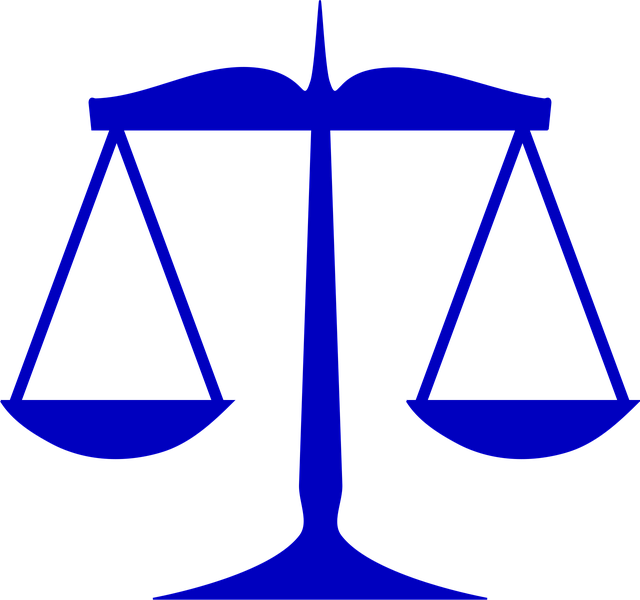
When it comes to enforcing rights and addressing finance crime probes, legal actions against infringers are a critical component in combating trademark violations. These cases often involve complex investigations and require a deep understanding of intellectual property laws. The Legal Consequences of Trademark Infringement can be severe, with penalties aimed at deterring further unauthorized use. Fines, injunctions, and even criminal charges are not uncommon for offenders, particularly those who engage in large-scale or willful infringements.
Across the country, general criminal defense attorneys specialize in these matters, representing both corporate and individual clients. Their expertise lies in navigating the intricate legal landscape surrounding trademarks, ensuring that rights holders receive justice while providing a robust defense for those facing allegations. This balanced approach is essential to maintaining fair practices, fostering innovation, and protecting the interests of businesses and individuals alike.
Punitive Damages and Criminal Prosecutions

In addition to civil actions for damages, the legal consequences of trademark infringement can also include criminal prosecutions. These cases are typically brought by government authorities and carry significant penalties designed to deter future violations. Punitive damages, awarded in civil court, aim to compensate victims for losses and send a message about the severity of the infraction. In contrast, criminal proceedings focus on holding individuals or entities accountable for their actions and may result in fines, imprisonment, or both. These harsher punishments are often reserved for what are considered more egregious cases of trademark infringement, especially those involving substantial financial gains or repeated violations.
Criminal prosecutions play a crucial role in maintaining the integrity of intellectual property rights across the country. They serve as a deterrent not only to would-be infringers but also send a clear message to white collar defense attorneys and philanthropic and political communities that such actions will not be tolerated. The legal system’s ability to swiftly and firmly address trademark infringement ensures that businesses can operate with confidence, knowing their hard-earned intellectual property is protected.
Preventive Measures: Protecting Your Intellectual Property
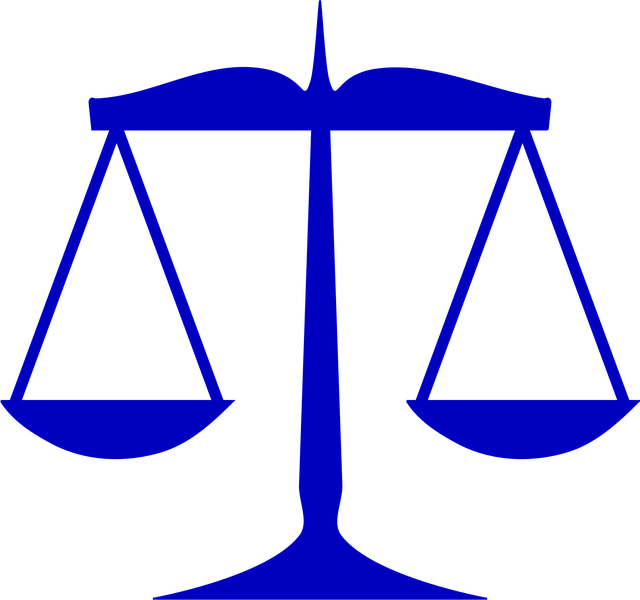
Protecting your intellectual property (IP) is a crucial step in mitigating potential financial crime probes. In today’s digital era, where ideas and innovations are easily replicable, safeguarding your unique assets becomes paramount. Trademark infringement, for instance, can have severe legal consequences, impacting not just your business but also the broader philanthropic and political communities that rely on intellectual property as a driver of economic growth and social progress.
By implementing robust preventive measures, businesses and individuals alike can fortify their defenses against IP theft. This includes registering trademarks, patents, and copyrights with relevant authorities, employing non-disclosure agreements, and regularly monitoring online marketplaces for unauthorized use of your proprietary materials. Winning challenging defense verdicts against infringers not only protects your hard-earned creations but also serves as a deterrent to would-be offenders within the corporate and individual client sectors.
The legal landscape surrounding trademark infringement is complex, with severe consequences for those who violate intellectual property rights. Understanding these violations and their impact is crucial for businesses aiming to protect their brand identity and maintain market integrity. By recognizing common types of infringements and taking proactive measures, companies can mitigate risks and enforce their rights effectively. Moreover, the potential for both civil remedies, such as punitive damages, and criminal prosecutions serves as a strong deterrent. In today’s digital era, where intellectual property is more valuable than ever, staying informed about the legal consequences of trademark infringement is essential to navigating this intricate realm successfully.


